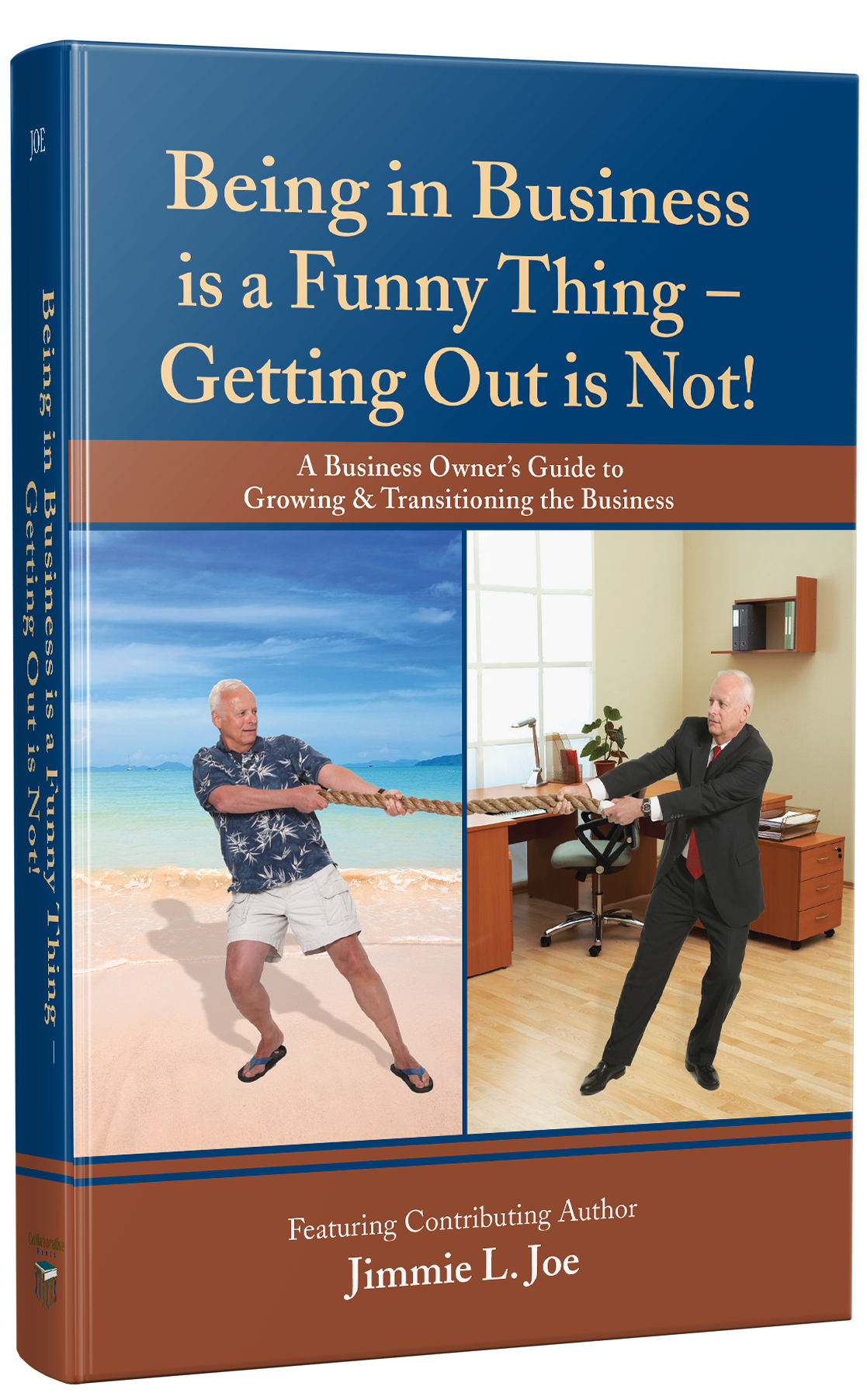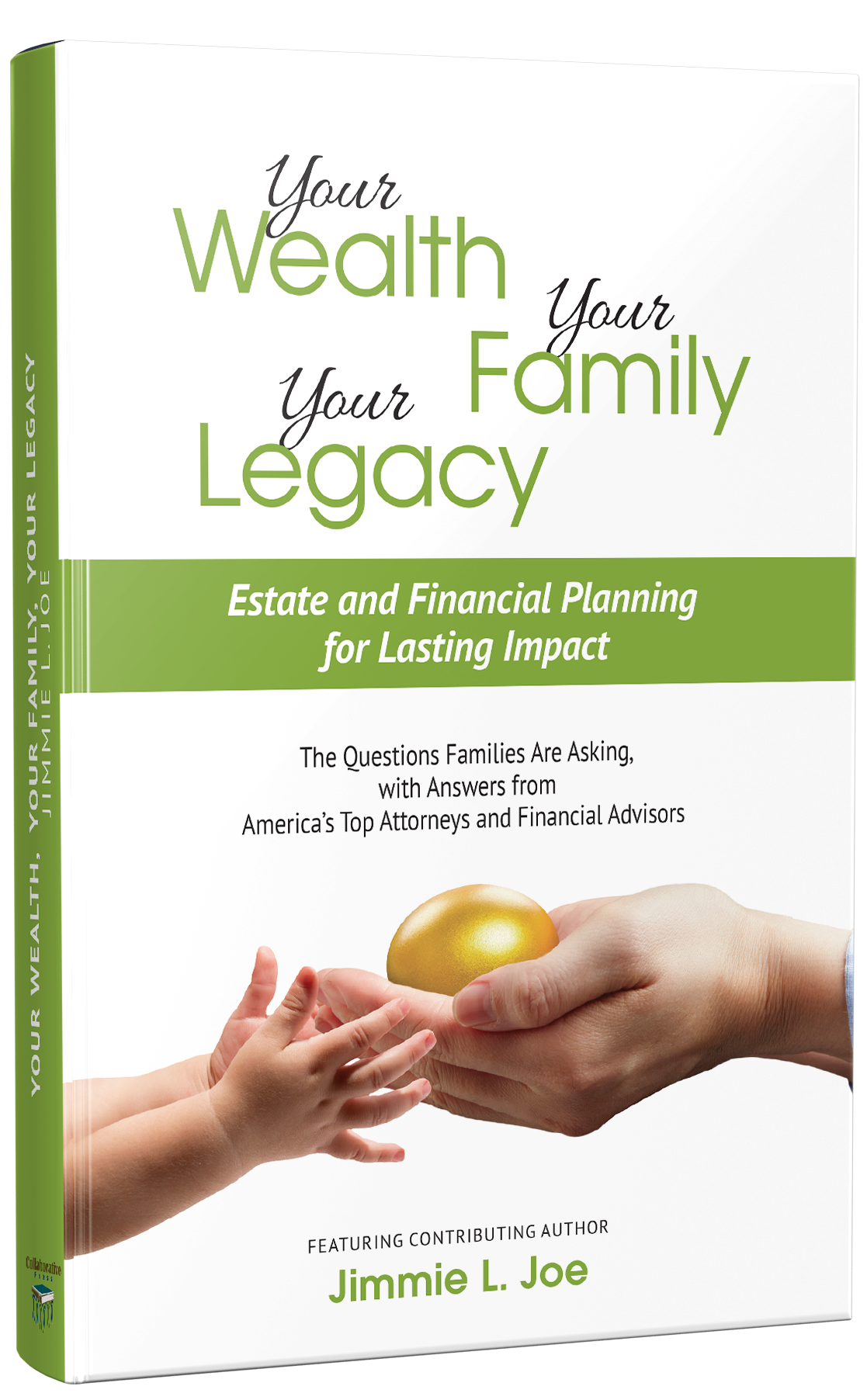Generation Skipping Tax Planning
Planning for the Generation Skipping Tax (GST) can allow you to pass assets to your second generation (i.e. grandchildren) without the assets being subject to transfer taxes upon the death of your children. The GST is an additional transfer tax that applies when a transfer “skips” a generation. An example of when this might occur is when parents leave part of their estate to grandchildren. In the past, wealthy grandparents made use of trusts that left a life income to their children. On the death of their children, the trust would leave a life income to the grandchildren. On the death of the grandchildren, the principal would then be distributed to great grandchildren, avoiding Estate Taxes at the prior “skips” in generations. This allowed for the accumulation of wealth and appreciation of assets. Congress then added the GST to impose a transfer tax for individuals bypassing their children’s generation. For 2002, the GST is a 50% tax rate. The GST is in addition to the Estate Tax, which is also taxed at a 50% rate in 2002. The good news is that in 2002, each individual is allowed a $1,100,000 GST exemption, which can be used with a revocable living trust to allow a husband and wife to take full advantage of their combined $2,200,000 GST exemption while reducing or eliminating Estate Taxes with the trust.
GST Tax planning with a revocable living trust can be understood using a simplified example as follows. Assume that a married couple has one married child, a grandchild, an estate worth $7,000,000 and an AB Living Trust (See Article on Living Trust). Upon the death of both spouses, their lifetime estate tax exemptions would exempt $2,000,000 from estate taxes in 2002 and 2003. This would leave a taxable estate of $5,000,000. For ease of calculation, let’s assume the estate tax rate is the maximum 50% rate. In our first example, assume that no GST planning has taken place. The estate would incur estate taxes of $2,500,000. After the estate has been taxed, the net estate is worth $2,500,000. Adding back the lifetime exemptions of the couple (remember, $2,000,000 was exempt from tax upon the death of the couple), the child would inherit a total estate of $4,500,000. Upon the death of the child and his spouse (assume that death occurs in 2003), their lifetime estate tax exemptions would exempt $2,000,000 from estate tax. This leaves a taxable estate of $2,500,000 ($4,500,000 – $2,000,000). Estate taxes would amount to $1,250,000, leaving a net estate of $1,250,000. Adding back the $2,000,000 lifetime exemptions, the grandchild inherits a total estate worth $3,250,000.
In our second example, let’s assume the couple took advantage of GST planning. At death, the estate would incur estate taxes of $2,500,000. After the estate has been taxed, the couple can use their combined $2,200,000 GST exemption ($1,100,000 for each spouse) to reduce their estate further by leaving up to $2,200,000 in trust for their grandchild with the income to be paid to their child during his lifetime. The child would inherit a net estate of $300,000 ([$5,000,000 – $2,500,000] – $2,200,000). Adding back the lifetime exemptions to the net estate (remember, $2,000,000 was exempt from estate taxes), leaves the child with an inheritance of $2,300,000 plus a lifetime income stream, with $2,000,000 held in trust for the benefit of the grandchild. Upon the death of the child and the child’s spouse, the estate would again use the $2,000,000 lifetime exemptions. This would leave a taxable estate of $300,000. Assuming the estate tax on this amount is $150,000, the net estate after estate taxes is $150,000. Adding back the $2,000,000 exemption and the $2,200,000 GST exempt amount in trust leaves the grandchildren with an inheritance of $4,350,000, a $1,100,000 tax savings!
In the above example, if the couple had left an outright gift to their grandchild at death without doing any estate planning, the gift would be subject to the GST Tax at the highest federal estate tax rate (50% in 2002). The GST Tax is an additional tax separate from the estate tax. Thus, for example, if $2,500,000 of the couple’s $5,000,000 estate (after deducting the couple’s estate tax exemptions) were left to the grandchild outright, $1,250,000 (50%) would be paid in estate taxes and $625,000 (50% X $1,250,000) would be payable in GST taxes, leaving the grandchild with a total inheritance of $625,000.









